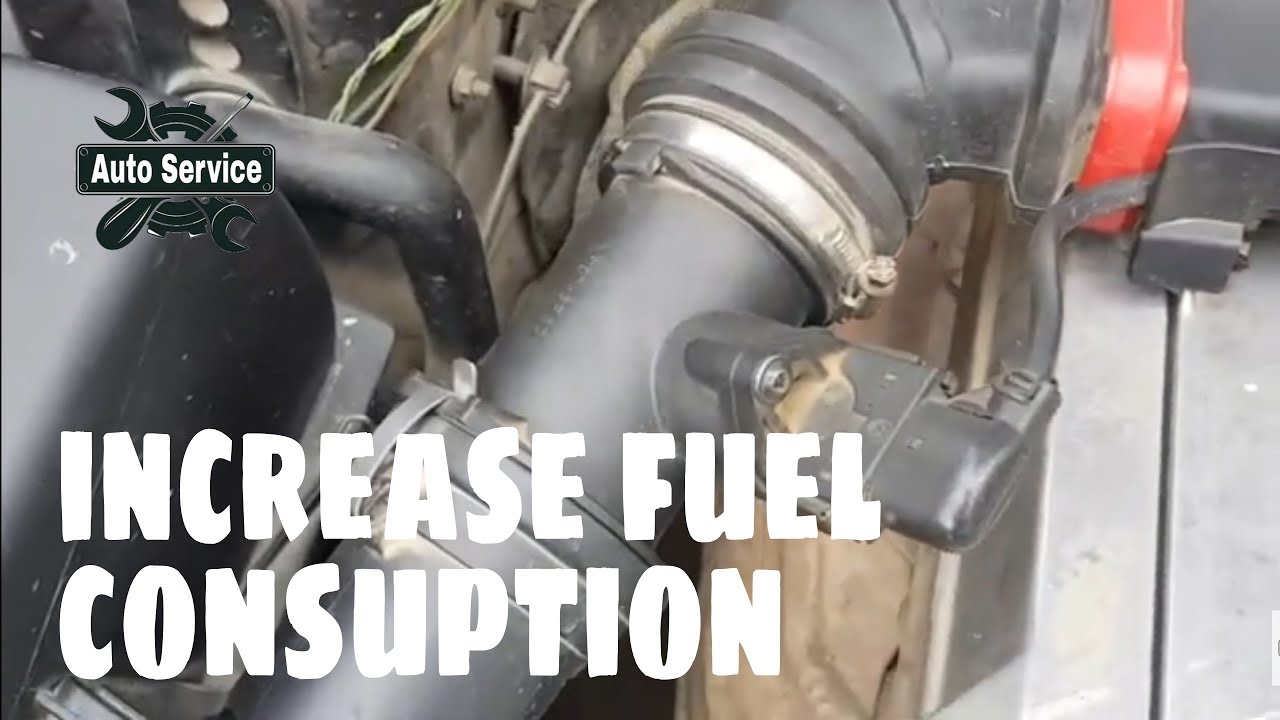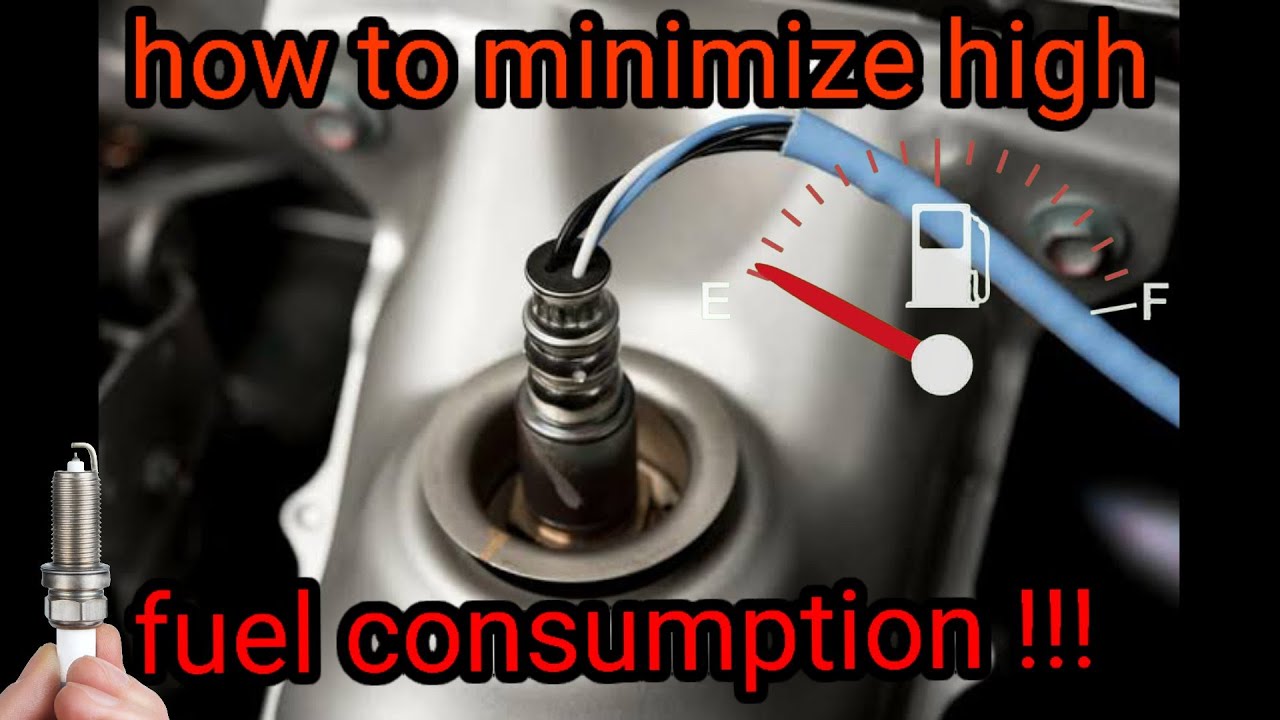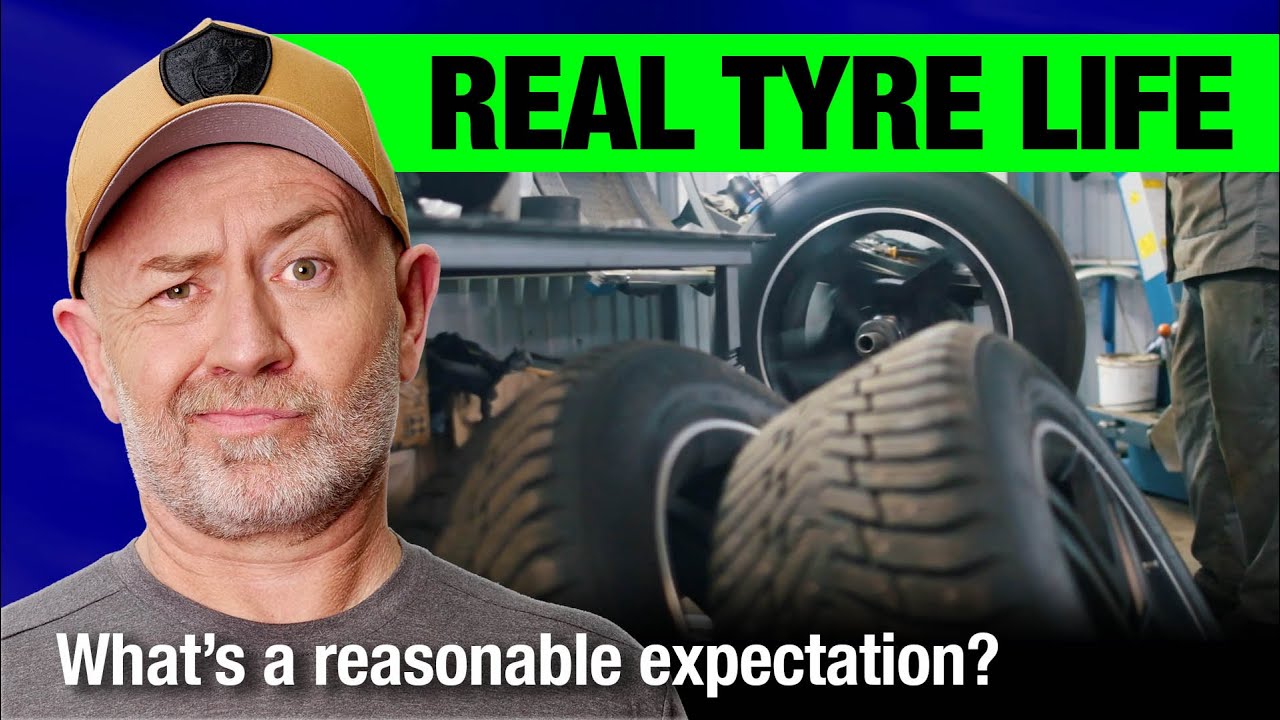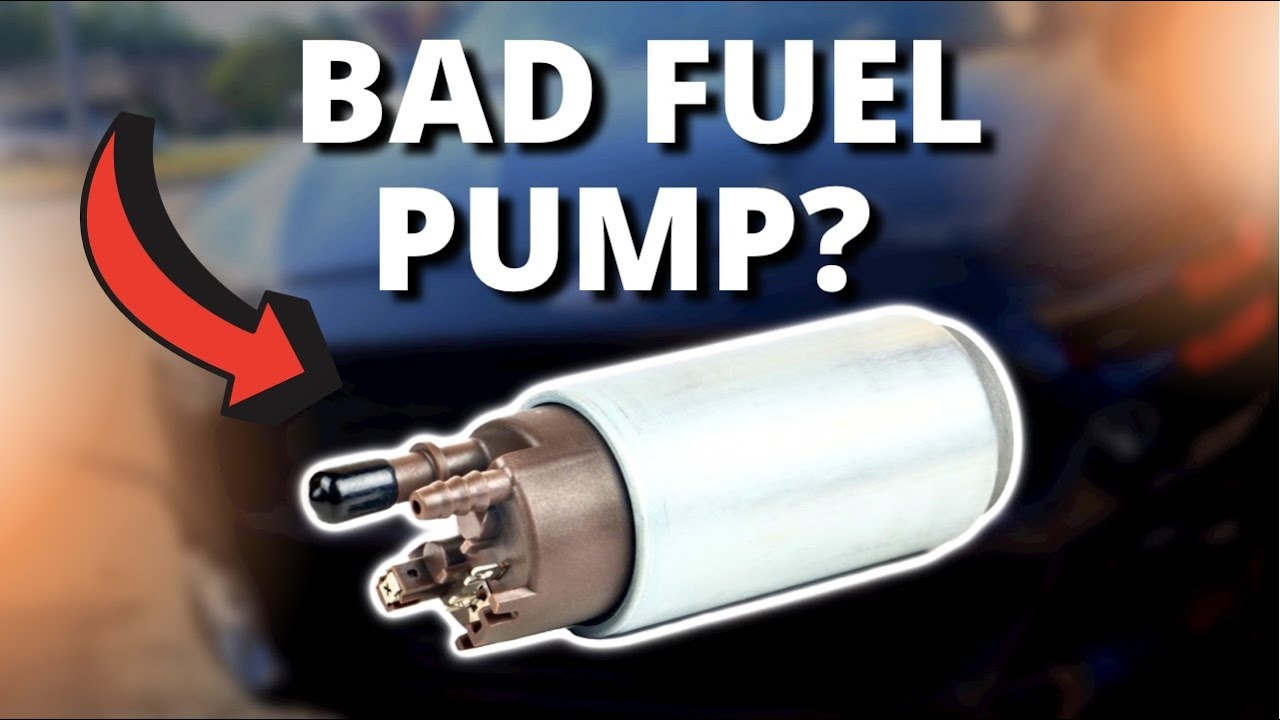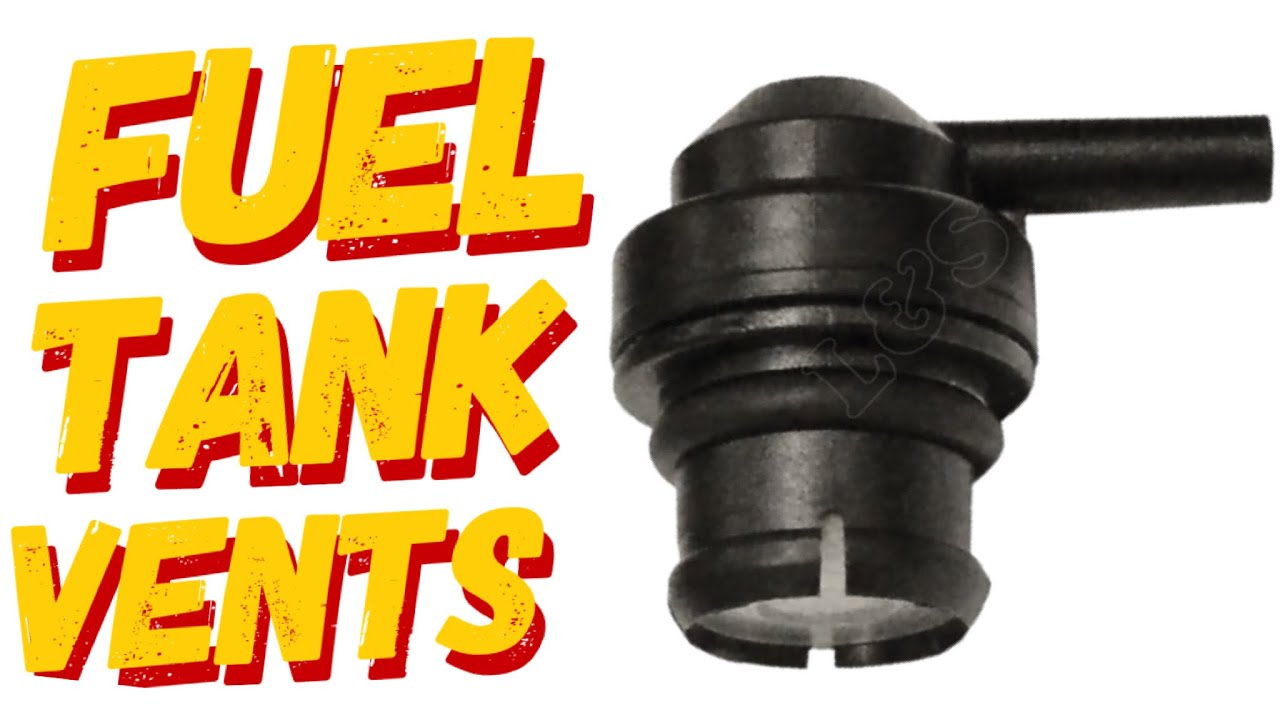Good Fuel economy is an appealing feature that everybody wants his car to have. This feature is usually preferred over many others when buying a new car, especially when gas prices rise. A good fuel economy car will be an excellent choice for the long term, But what reasons could cause a sudden increase in the MPG?
In this article, I will explain many problems that could cause an increase in fuel consumption that you can fix by yourself, but there are certainly major problems that skilled mechanics can only diagnose.
A sudden increase in fuel consumption occurs if the spark plugs, fuel filters, air filters, oxygen sensors, or engine valves aren’t changed when they need to be. Also, When fuel injectors are old and dirty, they can cause fuel to burn quickly, which increases fuel consumption .
Here are a few possible causes for your car’s increased fuel consumption.
Damaged engine
Starting with the worst scenario a car owner may experience, you have a damaged engine!
Since a faulty engine cannot function perfectly, it may consume more gasoline.
Even though your car can travel a few kilometers, it doesn’t mean that the engine is in perfect condition. The engine could run well, but some key parts involved in the combustion cycle might not.
For instance, a dirty fuel injector in a diesel engine might result in low fuel mileage, as well as a faulty spark plug or oxygen sensor in a gasoline engine. Your engine could run okay for a while, but the gasoline won’t be burned properly. Your vehicle will eventually consume more fuel as a result of this.
Improper Engine Oil
The engine oil in your car might be one factor in why it consumes more gasoline. For the engine to run smoothly, you need to use the appropriate engine oil.
There are several engine oil grades. When choosing one for your automobile, you should be careful. When engine oil is thicker than the required grade, the pistons move more roughly, which causes the engine to overheat and eventually leads to increased fuel consumption and poor fuel economy.
Low-quality fuel
Poor gasoline quality may have a significant impact on both the life and efficiency of your engine! Gasoline stations sell a variety of additives that help your automobile perform better on the same fuel. However, use caution when choosing any additive for your car. An improper or redundant addition might cost you considerably more than the fuel itself!
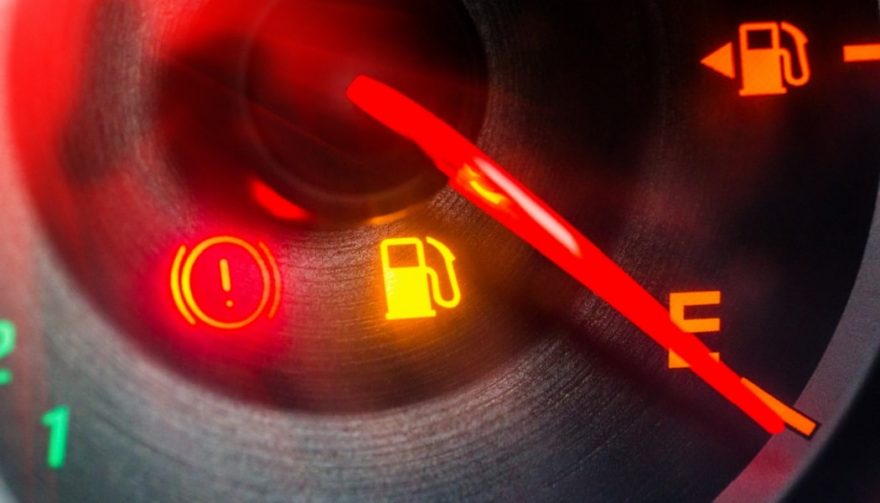
Turning on the A/C all the time
Another factor causing your car to consume more gasoline is using the air conditioner all the time. The engine is the only source of electricity for your car’s air conditioner.
Because of the additional pressure, the engine requires more effort and eventually burns more gasoline.
It would be recommended to keep the windows open until it is uncomfortable outside. You can prevent low fuel mileage by doing this. But if you are traveling at high speed, opening the windows will cause more drag, making the engine work harder and consuming more gasoline. So your car’s air conditioning won’t use much more gasoline if you travel at high speed.
Worn-Out Tires/ Underinflated tires
When your car’s tires are worn down, there is less friction between the tire and the asphalt, which makes them spin more while driving. This might be a major factor in your vehicle using more gasoline. In addition, your automobile will also use more gasoline if your tires are underinflated.
Regularly maintaining your car’s tires is an excellent practice that will help you avoid getting low gas mileage and extend the life of the suspension.
Worn-out Clutch
When the clutch is worn, the plates slip instead of one of them turning the other. When a clutch is brand-new, there is little tendency for slippage; nevertheless, as the clutch ages, this tendency increases. The amount of power the wheels receive from the engine is reduced as a result, which lowers the efficiency of the gearbox and causes the automobile to use more gasoline and have poor fuel economy.
Useless Idling
You don’t need to warm up modern vehicles before you start a drive. Once you’re ready to go, start the engine.
You can save even more gas by turning off the engine when you have to stop for a long time while driving.
For instance, if you need to stop at a traffic light for at least one minute, you can switch your engine off. So that you know, starting the engine again uses less gasoline than leaving it running for that period of time.
In addition to reducing your fuel use, turning off your car reduces unnecessary wear and tear on your vehicle. If you can’t turn your engine off completely (like when you’re waiting to pick someone up from school on a hot day), at least put it in neutral.
lack of maintenance
The vehicle also uses more gasoline when not properly maintained. one reason is the dirty engine air filter.
The engine will need more gasoline to operate for the same number of kilometers since dirt will get stuck in the air filter reducing the oxygen flow to the engine.
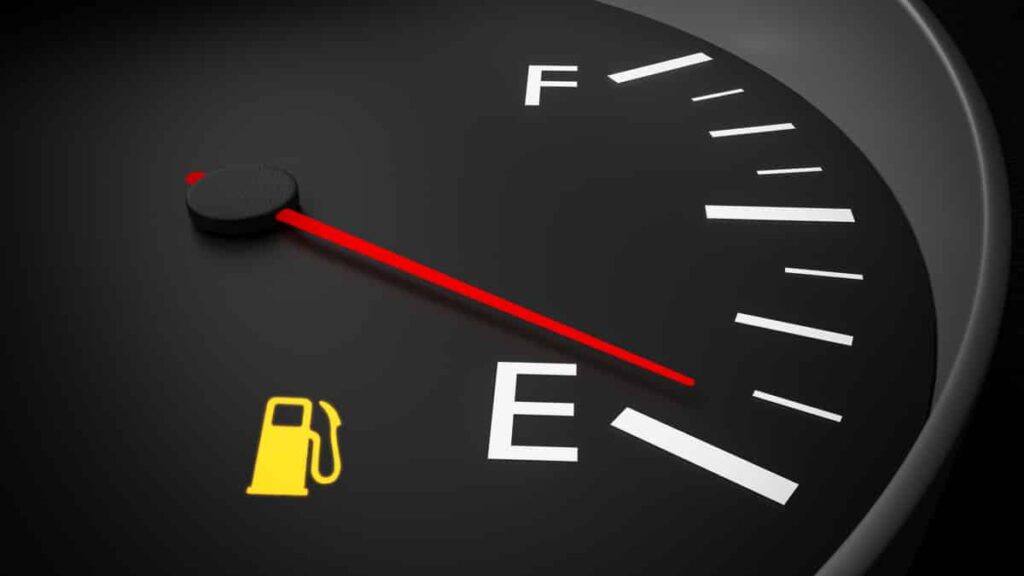
Short Trips
You’ll notice high mpg if you take short Trips. This is because, at the beginning of a trip, all cars are the least efficient and most polluting. Less than 5 kilometer trips prevent the engine from reaching its ideal operating temperature, which results in higher fuel consumption.
Using the Wrong Gear While Driving
This is only for people who drive manual cars. A car driven in a lower gear will use more gasoline and have a worse economy. Similarly, using a higher gear can increase fuel usage. Driving your automobile in the best gear, just like the automatic gearbox does for you, can help you get the most performance out of its engine.
Aggressive Driving
This bad habit has three parts: driving too fast, starting out too fast, and stopping too quickly. Unfortunately, all three of these things cause a lot of fuel to be consumed.
You should accelerate slowly and drive at a constant speed. Keep enough space between your car and the car in front of you to stop slowly without breaking too hard.
Letting your car slow down without using the brakes can help you save fuel.
Overloading
Check your car’s owner’s handbook to find out how much weight it can handle. The manufacturer tests the maximum load a vehicle is designed to carry, and the vehicle’s performance is unaffected until that point. However, overloading your car may hurt its suspension, tires, transmission, and engine, in addition to its fuel economy.
